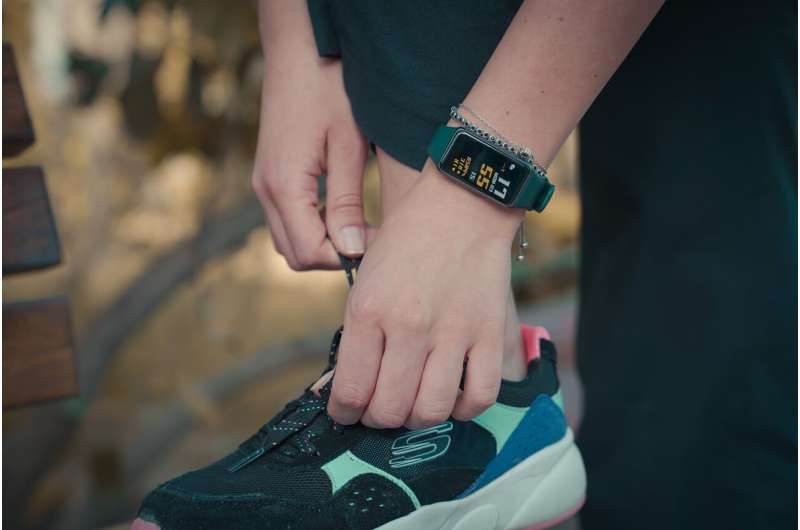Short Exercise

Brief bursts of physical activity, known as exercise snacks, can significantly improve cardiorespiratory fitness in inactive adults, offering a practical solution to promote regular exercise with high adherence.
Recent research suggests that brief bursts of physical activity, often referred to as "exercise snacks," can effectively enhance the cardiorespiratory health of adults who are largely inactive. Published in the British Journal of Sports Medicine, this study synthesizes data from 11 clinical trials involving 414 sedentary individuals from various countries, including Australia, Canada, China, and the UK. The findings indicate that performing short, moderate to vigorous exercise bouts—lasting five minutes or less—at least twice daily, several times a week, over a period of 4 to 12 weeks, can significantly improve aerobic capacity.
Exercise snacks primarily consisted of stair climbing and leg strength exercises, with older adults engaging more in tai chi and similar activities. Remarkably, adherence to these short bouts of activity was high, with 91% compliance and 83% of participants able to maintain the routine, highlighting its practicality in real-world settings.
Despite some limitations, such as varied study designs and small participant numbers, the evidence supports that implementing these quick exercise intervals can help overcome common barriers like lack of time and motivation, often cited as reasons for not meeting physical activity guidelines. Although the intervention did not significantly influence muscular endurance or cardiometabolic factors like blood pressure or body fat, its high compliance rate underscores its potential as a scalable, accessible way to promote regular physical activity and improve health outcomes.
Researchers emphasize that the simple, time-efficient nature of exercise snacks could enhance adherence to physical activity routines, making it easier for busy individuals to incorporate regular movement into their daily lives. This approach holds promise for addressing widespread physical inactivity and its associated health risks.
Source: https://medicalxpress.com/news/2025-10-snacks-boost-cardiorespiratory-physically-inactive.html
Stay Updated with Mia's Feed
Get the latest health & wellness insights delivered straight to your inbox.
Related Articles
How AI-Powered Motion Capture Is Revolutionizing Sports and Exercise Science
Discover how AI-driven markerless motion capture is transforming sports performance analysis by offering accessible, real-time, and accurate movement tracking outside traditional lab settings.
Reevaluating the Beep Test: Outdated Fitness Assessment or Still Relevant?
The beep test remains a widely used, practical assessment of aerobic fitness for groups, despite its limitations. Learn whether it still holds value in modern fitness evaluation.
Enhancing Running Benefits by Incorporating Sprints into Your Routine
Discover how adding short sprint intervals to your regular jog can significantly enhance cardiovascular health, metabolic function, and overall fitness in less time. Learn practical tips to start incorporating intervals into your running routine.
Is It Safe to Exercise When You're Still Sore from Previous Workouts?
Learn whether it's safe and effective to exercise when you're still experiencing muscle soreness after workouts, and get expert tips on recovery and performance.



